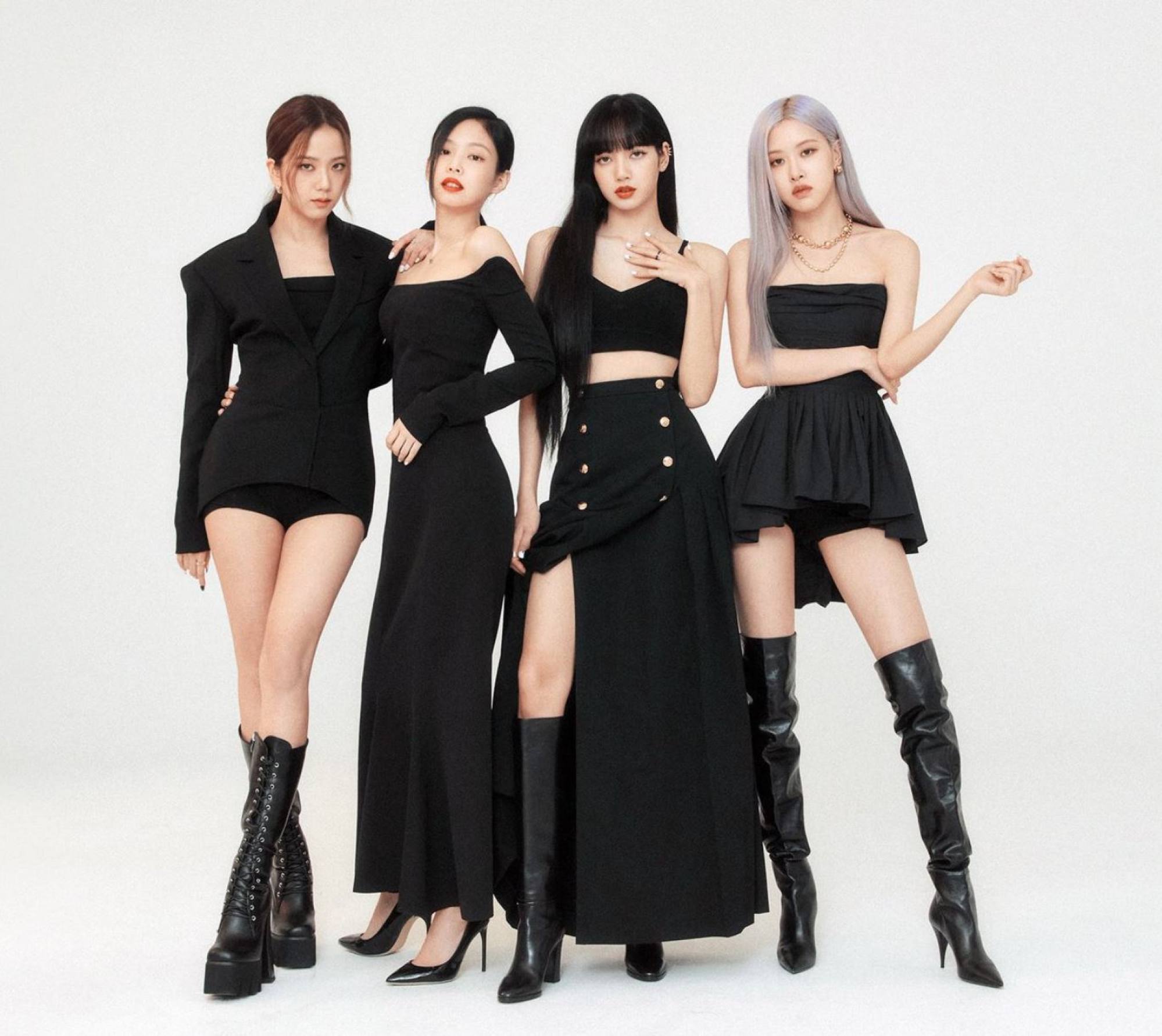
BTS in upcycled suits, Blackpink’s climate change video: K-pop starts to go green, but it can use its leverage to be a global leader, observer says
- BTS wore eco-friendly suits to the United Nations, Victon put out a digital-only album, and music awards organisers handed out eco-friendly water bottles
- These are small steps compared to what K-pop could do if it leverages its influence to be a global leader on sustainability, an expert on the music scene says
By Dong Sun-hwa
The 11th Gaon Chart Music Awards, held in Seoul, South Korea, on January 27, were unlike any other awards ceremonies in one respect – organiser the Korea Music Content Association (KMCA) ran an environmental campaign during the event by handing out eco-friendly paper water bottles to all performers and the audience in a bid to cut back on single-use plastics.
“From this year onwards, we will spare no effort to tackle environmental issues in cooperation with record labels, fans and the government,” Choi said.
“The K-pop industry is ruminating on different ways to reach environmental, social and corporate governance [ESG] goals and promote sustainability for the future generation.
“In the case of the KMCA, we are planning to embed environmental messages in all of our events.”

As of today, the K-pop industry is still at a nascent stage in pursuing eco-friendliness, with numerous mainly K-pop fans demanding industry insiders pour more efforts into saving the earth.
However, as evidenced by the case of the 11th Gaon Chart Music Awards, some visible changes are occurring in the K-pop universe, especially in the way physical albums are being produced.
K-pop albums have frequently been pointed to as major threats to the environment, as they are mostly made of plastic. Hence, the news that the total sales of the 400 most popular K-pop albums hit nearly 60 million in 2021 fuelled worries among a lot of people.
IST Entertainment, which houses prominent groups like Apink and The Boyz, also took a crack at tackling environmental problems by rolling out digital albums for its boy band Victon. The digital version of the seven-piece act’s January release, Chronograph, not only garnered positive reviews among fans across the globe, but also proposed a new method for K-pop stars to showcase their music without harming the earth.

But there are more issues to be tackled, according to Cedarbough Saeji, a professor of Korean and East Asian Studies at Pusan National University in Busan, South Korea. She said K-pop labels can further promote sustainability in almost all areas, from tour planning to merchandise.
“When K-pop stars have tours across the globe, their management companies can dictate terms to venues,” she pointed out. “Since their artists can draw large audiences, the venues will adjust to suit their demands.
“Hence, they can provide water coolers to prevent fans from buying single-use bottles and retrofit entire venues with sustainable lighting, improve heating and cooling efficiency or even buy electricity from sustainable sources like solar and wind.”
If the K-pop industry acts in a unified way, they have a huge amount of leverage and can demonstrate leadership to the world
Although some industry insiders say that such adjustments might reduce the quality of concerts, Saeji does not agree, as many other artists abroad already succeed in playing quality green concerts.
In the case of British rock band Coldplay, it went climate-positive on its tours by limiting its carbon footprint. For its upcoming 2022 tour, the band will power the show by letting the audience ride electricity-generating bikes and plant a tree for every ticket sold.
Saeji said K-pop merchandise should be improved, too. “T-shirts or canvas bags can be made from organic cotton,” she said. “And I believe non-fungible tokens [NFTs] must not become part of the K-pop industry, given that the power wasted on them has a huge environmental cost.”
Having K-pop labels create an internal culture of sustainability is the key, she added.
“Having the companies announce green approaches is important because this can lead fans to believe that the industry is trying to be better and give a helping hand,” she explained.
“For instance, avoiding unnecessary travelling and having meetings by Zoom, creating tour plans that minimise flights, pushing for using sustainable energy and even putting solar panels on corporate buildings could be helpful.

“They need to show that greening the industry is an ongoing process. The most important thing is to make a vocal commitment to the environment, and then do everything they can to continually take large and small steps.
“If the K-pop industry acts in a unified way, they have a huge amount of leverage and can demonstrate leadership to the world. In other parts of the world, the powerful artists and companies are not so concentrated ― and so each artist has to take a stand on their own. This is a huge strength, and offers a chance for K-pop and Korea to appear as world leaders.”
Echoing this sentiment, Choi of the KMCA said that the K-pop industry is well aware of its global clout and the need to join the environmental movement.
“Although the K-pop industry’s impact on the environment is not as huge as that of other industries, such as the automobile industry, we are clearly aware of K-pop’s global influence,” he noted. “In fact, most record labels including HYBE, SM Entertainment and JYP Entertainment are currently working hard to figure out what they can do to become more eco-friendly.”
But they need more time, he added. “To transform the ways we have been working so far, we need more time. We first have to figure out who will do what, and to do this, we need specific guidelines from the government so that we can get a picture of what to do in the coming days.”
To take the first step, the KMCA is planning to create a new chart on Gaon tentatively titled, the “Clean Chart,” to rank K-pop albums based on their eco-friendliness.
“This kind of chart, which is rarely seen in any other parts of the world, will help us achieve our environmental goals,” he said. “On top of that, we are planning to organise a range of events, such as concerts with K-pop stars to promote sustainability, using K-pop’s massive influence for a good cause.”

